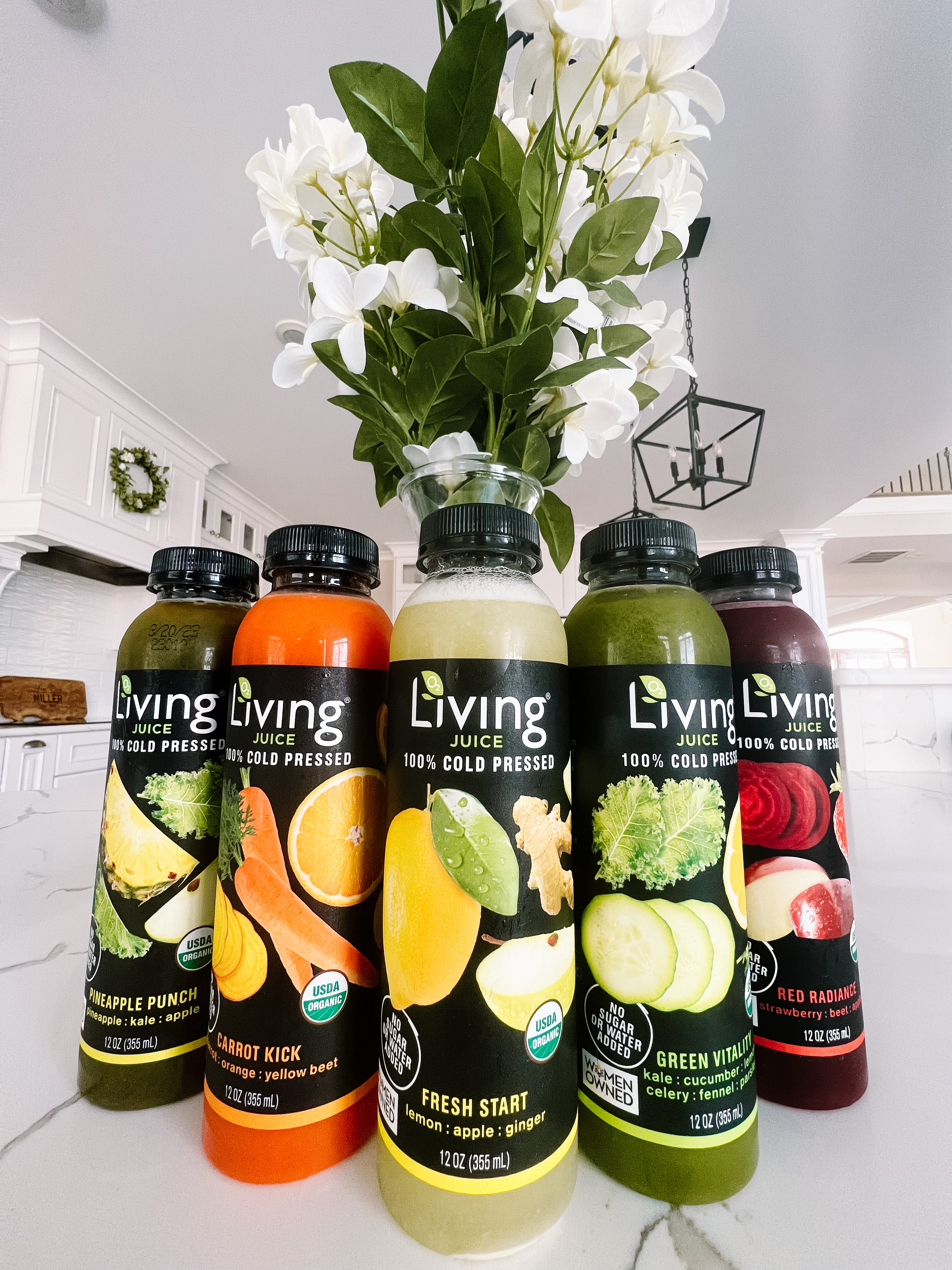Say No to Seed Oils: Understanding Inflammatory Fats

Do you know what's lurking in your kitchen cupboard? Many common cooking oils, such as canola, soybean, and corn oil, are made from seeds and have been shown to be inflammatory. In this blog post, we'll dive into the science behind seed oils and why you should consider avoiding them in your diet.
What Are Seed Oils?
Seed oils are extracted from various seeds, including soybean, canola, corn, and sunflower. They're often used in processed foods, as well as in cooking and baking. These oils are high in polyunsaturated fatty acids (PUFAs), which are essential fatty acids that the body needs but cannot produce on its own.
While PUFAs are important for our health, excessive consumption can lead to inflammation in the body. When we consume too many omega-6 fatty acids (found in seed oils), it can disrupt the balance between omega-6 and omega-3 fatty acids, which can lead to chronic inflammation. Chronic inflammation has been linked to a variety of health problems, including heart disease, cancer, and arthritis.
Why Are Seed Oils So Common?
Seed oils are cheap and readily available, which is why they're so common in processed foods. Many restaurants and fast-food chains also use seed oils for frying and cooking. However, there are healthier alternatives, such as olive oil, coconut oil, and avocado oil, that you can use instead.

How to Avoid Seed Oils
The easiest way to avoid seed oils is to cook your own meals at home using healthy oils. Read food labels carefully and look for products that are free of seed oils. When eating out, ask about the type of oil used in cooking and opt for dishes that are grilled, roasted, or baked instead of fried.
Seed oils may be cheap and convenient, but they come at a cost to our health. By avoiding these inflammatory oils and choosing healthier alternatives, you can protect your body from chronic inflammation and improve your overall health.



